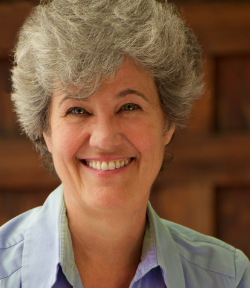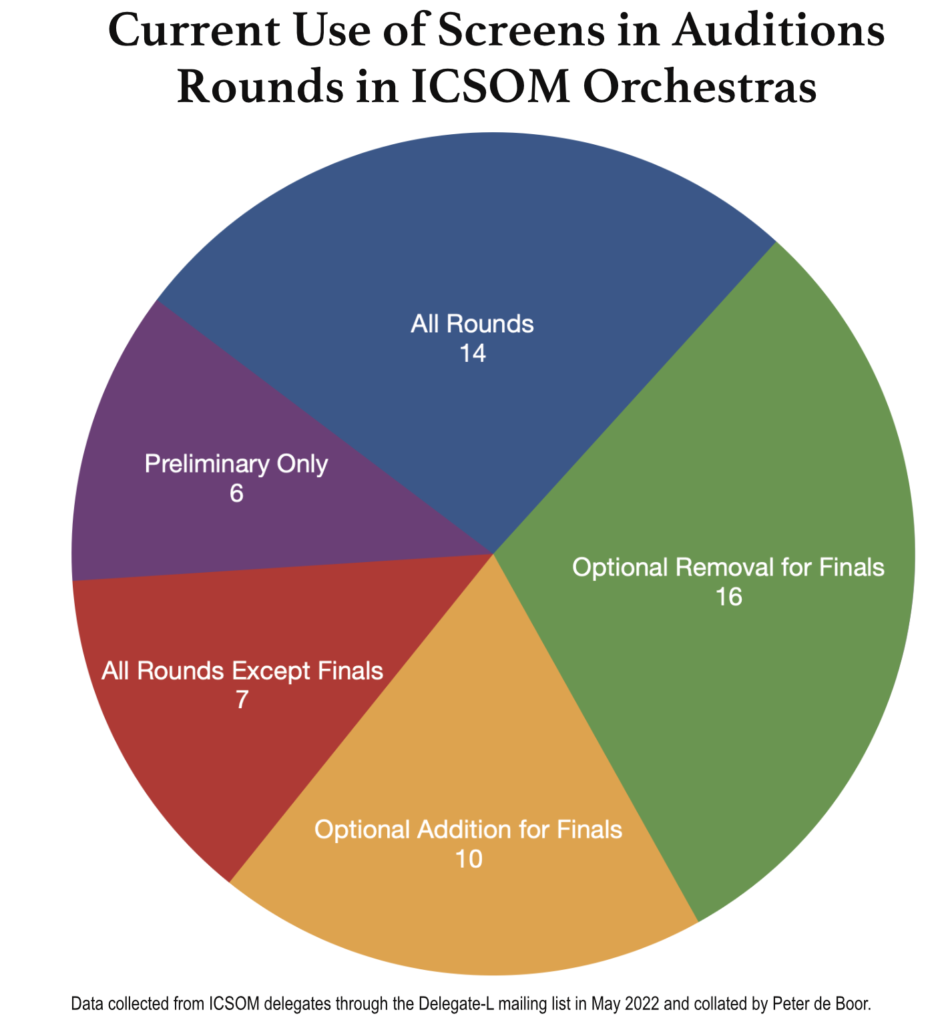
Photo credit: Diane Alancraig Photography
As of this writing, almost half of the 24 negotiating ICSOM orchestras have settled. It is never easy to hammer out a settlement and this time around is no exception. Lingering COVID, low interest rates, and high inflation make for a difficult bargaining environment. The resulting settlements are mixed, but so far there are more good outcomes than bad. Even though many orchestras have cash surpluses left over from the American Rescue Plan Act—specifically, the Paycheck Protection Program & Shuttered Venue Operators Grant—managements still fear the current decline in ticket sales and the possibility that our audiences will decide not to return in person.
But it is just that—fear. Our audiences will return. They may be reluctant to attend in person just yet due to continuing COVID variants, but there is no substitute for live performance. I don’t believe that we are facing a long-term, hybrid scenario of live/streamed performances. Streaming and recorded product provide added content. They are not a viable alternative for the real thing. But how our recording work is remunerated is nonetheless important. To that end, the ICSOM Media Committee, along with ROPA and the AFM/SSD, have just begun negotiations with the Electronic Managers Association (EMA) for the Integrated Media Agreement (IMA) that expired on June 30, 2022.
After decades of mismanagement and cuts to musicians’ pay, the San Antonio Symphony Board has entirely failed in its mission to preserve the San Antonio Symphony. Last month, the Board filed for Chapter 7 bankruptcy—in other words, a total liquidation. The musicians could not accept the Board’s myopic vision for the future of the orchestra, which was based on a paltry $5 million budget and the resulting cuts to pay and complement. Comparable cities by population that support an ICSOM orchestra, Cincinnati, Cleveland, Kansas City, Milwaukee, Nashville, Pittsburgh, and Portland among them, have yearly operating budgets that are more than double what the SAS Board, in its monolithic incompetence, could raise. Closer to home, the Fort Worth Symphony, in a smaller metropolitan area, has an operating budget that is nearly double that of San Antonio. The musicians of the San Antonio Symphony are already crafting their reorganization. ICSOM will be there to help in any way we can.
As you will see, this edition of Senza Sordino focuses on our orchestras’ efforts surrounding Diversity, Equity, and Inclusion (DEI). An increased awareness of the racial disparity in our orchestras has reinvigorated ICSOM’s efforts to balance that inequity (see President’s Report). Over the COVID hiatus, ICSOM—along with ROPA and SSD—took part in creating the National Alliance for Audition support (NAAS) Recommended Audition and Tenure Guidelines (sphinxmusic.org), in the hope of creating more equitable auditions and rooting out unconscious bias in both our auditions and tenure processes.
In 2018, ICSOM passed a resolution that encouraged orchestras “to adopt an audition process that retains screens throughout every individual round of the audition.” We recently surveyed our member orchestras to get a better understanding of how and when screens are being used:
14 of our orchestras (26%) are fully screened from preliminary rounds through finals. 16 (30%) are screened throughout with the option to remove the screen for finals. 10 orchestras (19%) are screened until the finals with the option to add a screen to the final round. Seven orchestras (13%) are screened until the final round. Only six orchestras (11%) require screens for preliminary rounds only.

As we come to understand the importance of keeping screens up in order to avoid the pitfalls of bias, musicians continue to push for screens throughout the audition process in their contract negotiations.
But this is just one aspect of the work needed to achieve greater diversity in our orchestras, and I hope you will appreciate the efforts of our colleagues presented in this month’s Senza Sordino.
Finally, I am excited that ICSOM’s 60th anniversary conference will be hosted by President Austin’s home orchestra, the Grand Rapids Symphony and AFM Local 56, in Grand Rapids, MI, August 24–27. Registration is open to all AFM members for live attendance or via Zoom. I hope to see you there!





